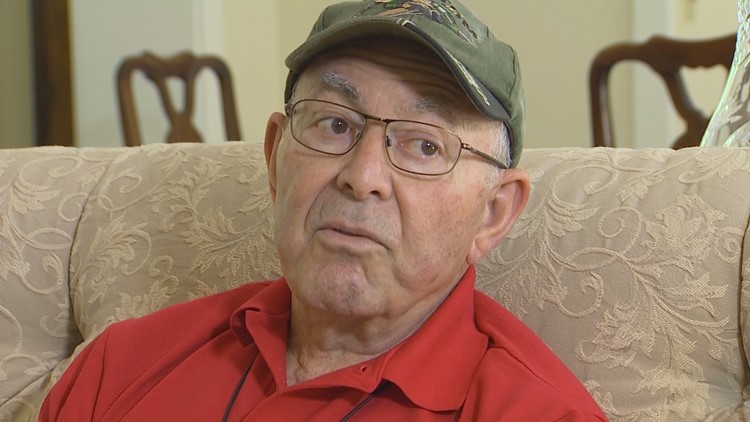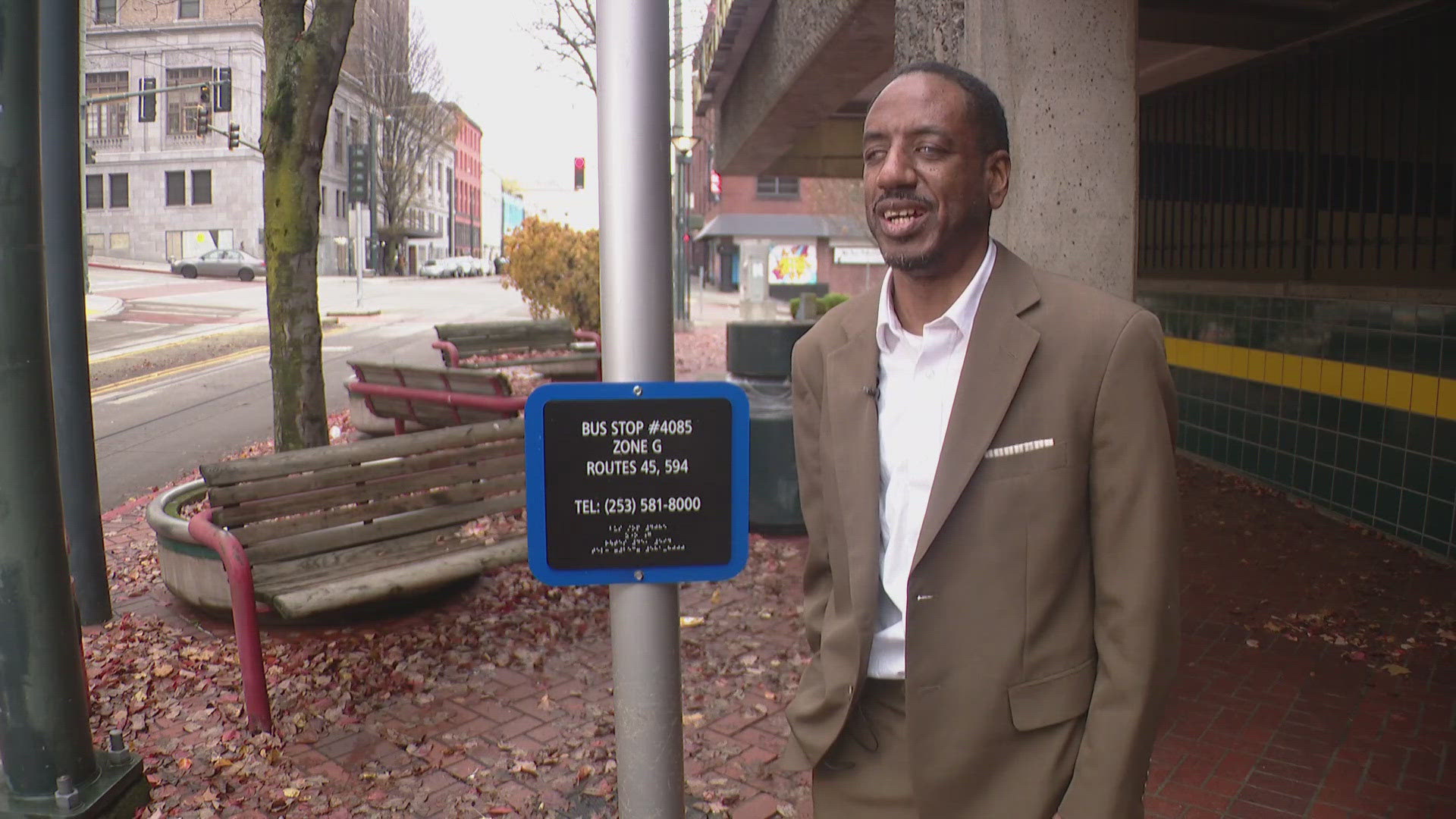Major Joe Crecca, a veteran of the U.S. Air Force, remembers in vivid detail the November day in 1966 when his F-4 was shot down.
“Why I’m sitting here, I’ll never understand,” he said recalling the crash, ejection and eventual capture in North Vietnam.
Crecca, of North Bend, Washington became part of the same book of prisoners of war as then Navy Lt. Commander John S. McCain, whose own survival story Crecca knows by memory.
“He's at the bottom of a lake, 20 feet deep. He has two broken arms and a broken leg, he's done for. How can anybody possibly think he's going to get to the surface and get a gulp of air, but McCain did. With all that stuff on him, with his will to survive, McCain made it to the surface and got a gulp of air,” said Crecca.
While imprisoned, prisoners of war (POWs) learned to communicate through the walls of their cells using tap code. Crecca used the special code to communicate with McCain while he was temporarily placed in a solitary confinement cell next to McCain’s.
“As soon as I thought the coast was clear, I started tapping on the wall told him who I was, what situation was. This was very risky,” said Crecca.
Despite the danger, McCain responded, tapping Crecca a message of encouragement and one he has not forgotten: “don’t give up; keep up the fight.”
“Here he is risking life and limb to tap to an Air Force guy…to buck me up and give me encouragement,” recalled Crecca. “I have nothing but admiration for that man.”
In all, Crecca spent more than 6 years as a prisoner of war; McCain spent five-and-a-half. Crecca said a number of POWs including McCain were offered early release, but they firmly rejected the offer since it would have been viewed as a propaganda victory for the other side. For McCain, the stakes were even higher, since his father served as commander of all U.S. forces in the Pacific.
“When his captors said ‘cooperate with us, no one will know,’ (McCain) said ‘I will know,’” said Crecca. “That was the substance of John McCain.”
Senator McCain referenced his experience in Hanoi while accepting the Republican presidential nomination in 2008.
“I fell in love with my country when I was a prisoner in someone else's,” McCain said at the Republican National Convention. “I was never the same again. I wasn't my own man anymore; I was my country's”
“He never gave up,” Crecca said, describing McCain’s approach to life and his decades-long political career.
“Just like making it to the top of the lake and getting a gulp of air and then getting another gulp of air,’ Crecca continued. “He never quit. There was no quit in that man.”
Major Crecca recalled the last time he saw his friend was during a presidential campaign stop to Bellevue, ten years ago.
“When he saw me, he recognized me, and he gave me a hug and shook my hand. He referred to me as ‘a great resister—I said are you kidding me?’ because he endured a hell of a lot more than I ever did,” said Crecca. “That’s just the kind of guy he was.”
Long known as a maverick, that's how Mr. McCain is being remembered, as the nation and those closest to him say goodbye.
"It’s a very sad time,” said Crecca. “To fly west—that’s the term that we use—not pass away but to fly west—it’s a final check flight that all us pilots have to take.”
“We all got to do it, but John was such a figure, such a presence, we hated to lose him, we didn’t want to lose John, and he’s gone.”



